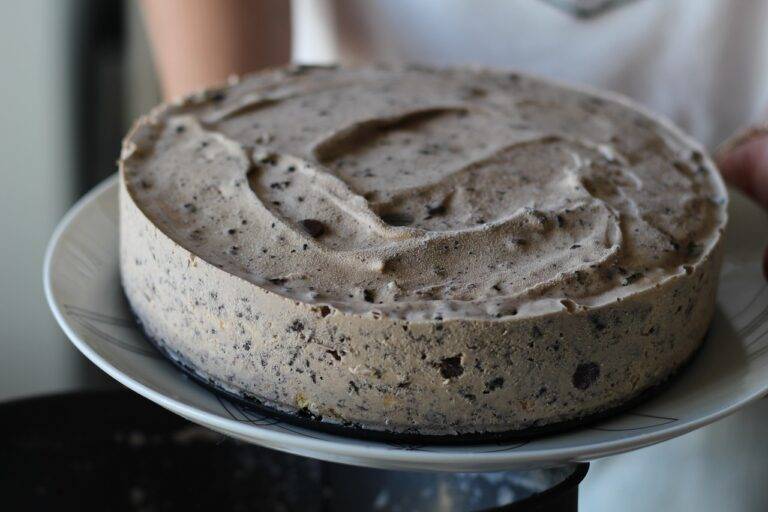How to Conduct an Olive Oil Tasting at Home: All pannel.com, New betting id, Gold365
all pannel.com, new betting id, gold365: Olive oil tasting is a sensory experience that can transport you to the sun-drenched hills of Italy or Greece with just one drizzle. If you’ve ever wanted to learn how to conduct an olive oil tasting at home, you’re in luck! In this guide, we’ll walk you through everything you need to know to become an olive oil connoisseur in the comfort of your own kitchen.
Choosing the Olive Oils
The first step in conducting an olive oil tasting at home is choosing the right oils to sample. When selecting olive oils for tasting, it’s essential to choose high-quality extra virgin olive oils. Look for oils that are cold-pressed, unfiltered, and made from a single variety of olives.
Setting Up Your Tasting
To get started with your olive oil tasting, gather a selection of olive oils in small cups or bowls. You’ll also need small tasting cups or shot glasses, bread or crackers for palate cleansers, and a notepad and pen to take notes.
The Tasting Process
Now that you have everything set up, it’s time to start the tasting process. Here’s a step-by-step guide to conducting an olive oil tasting at home:
1. Pour a small amount of olive oil into each tasting cup.
2. Hold the cup in your hand and swirl it gently to release the aromas.
3. Take a sniff of the olive oil and note the aroma. Look for fruity, grassy, peppery, or nutty notes.
4. Take a small sip of the olive oil and let it coat your mouth. Pay attention to the flavor profile, including bitterness, pungency, and fruitiness.
5. Swallow the olive oil and pay attention to the finish. Does it leave a peppery sensation in your throat?
6. Cleanse your palate with a piece of bread or cracker before moving on to the next oil.
7. Repeat the process with each olive oil, taking notes on the aroma, flavor, and finish of each oil.
Analyzing the Oils
After you’ve tasted all of the olive oils, it’s time to analyze your notes and determine your favorites. Consider the aroma, flavor, and finish of each oil, as well as how well it pairs with different foods. You may also want to consider the color and viscosity of the oils.
Frequently Asked Questions
Q: How should I store my olive oils?
A: To preserve the flavor and freshness of your olive oils, store them in a cool, dark place away from heat and light.
Q: How long do olive oils last?
A: High-quality extra virgin olive oils can last up to two years if stored properly. However, the flavor may diminish over time.
Q: Can I use olive oil for cooking?
A: Yes, olive oil is a versatile ingredient that can be used for cooking, baking, and dressing salads.
Q: What are the health benefits of olive oil?
A: Olive oil is rich in antioxidants and monounsaturated fats, which have been shown to reduce inflammation and lower the risk of heart disease.
In conclusion, conducting an olive oil tasting at home is a fun and educational experience that can help you discover new flavors and aromas. By following these tips and guidelines, you’ll be well on your way to becoming an olive oil aficionado in no time. So, grab your tasting cups and get ready to embark on a delicious journey through the world of olive oil!







